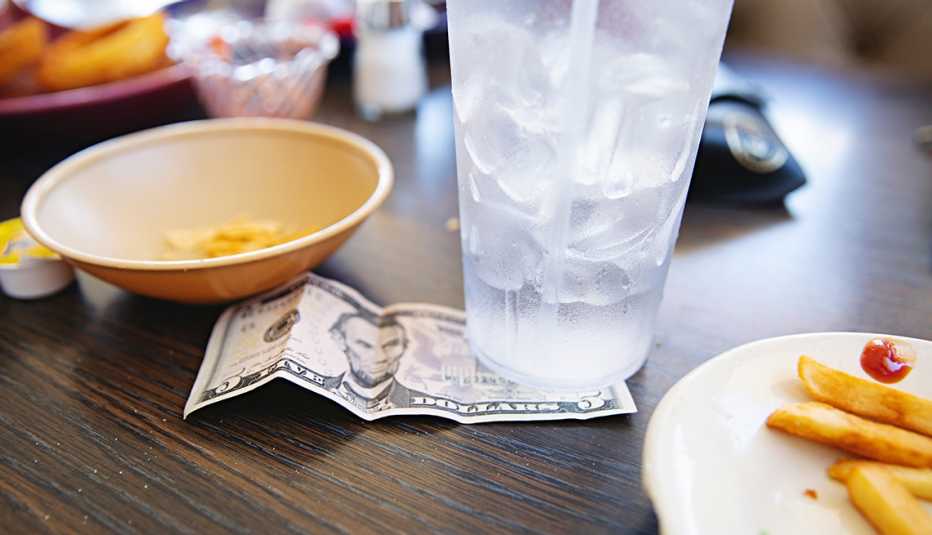Staying Fit


Is it me or does life just seem harder to navigate these days? I’m not saying that everything in decades past was perfect, but there are definitely things I miss, such as:
Trusting strangers
When did a stranger ringing the doorbell become such a cause for alarm? Why does an unfamiliar car driving slowly down the street set off a flurry of panic on the social app NextDoor?


AARP Membership— $12 for your first year when you sign up for Automatic Renewal
Get instant access to members-only products and hundreds of discounts, a free second membership, and a subscription to AARP the Magazine.
Why do we suspect that the UPS driver is stealing our packages or complain to neighbors that the Door Dash guy now has our gate code because someone ordered a pizza delivery? Maybe the question we should be asking is: Why are we so afraid of strangers?
I don’t want to feel I need protection from people just because I don’t know them. I’m tired of the conversations about which Ring package to install or whether motion-sensored outdoor lights are an effective crime deterrent.
I remember a time when I felt comfortable leaving my front door unlocked while I ran errands. I remember when my mailbox didn’t need to be locked and a package wouldn’t disappear from the porch if I wasn’t home to bring it in. Way back when, I found my longtime gardener because he knocked on the door looking for work and introduced himself. Even further back in time, I hitchhiked around Europe — post-college, alone and with a backpack that I sometimes left unattended. None of that would ever happen today, and that, to me, feels like a loss.
Customer service
Customer service used to matter. Today, it barely even exists — replaced by automated phone menu loops that invariably end in a call center in the middle of nowhere, self-service checkout kiosks at the supermarket, do-it-yourself check-in at the airport, and five-minute telemedicine visits where you self-report your symptoms and are given a prescription without an exam or test. Who, besides big corporations and insurance companies, actually thinks any of those things are an improvement?




































































More From AARP
10 Long Lost Courtesies
Forgotten etiquette that needs to make a comeback
Stop to Smell the Roses
At the very least, break up your trip at these memorable roadside attractions
Breaking New Trails
The return of the American Western, just in the nick of time